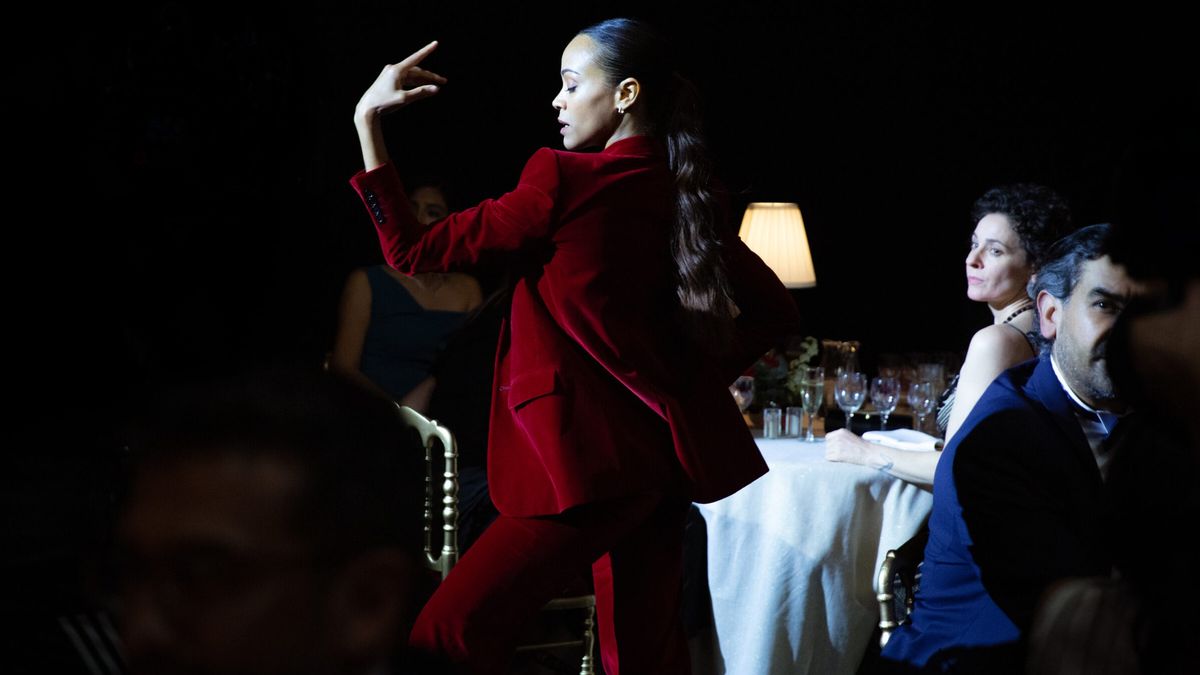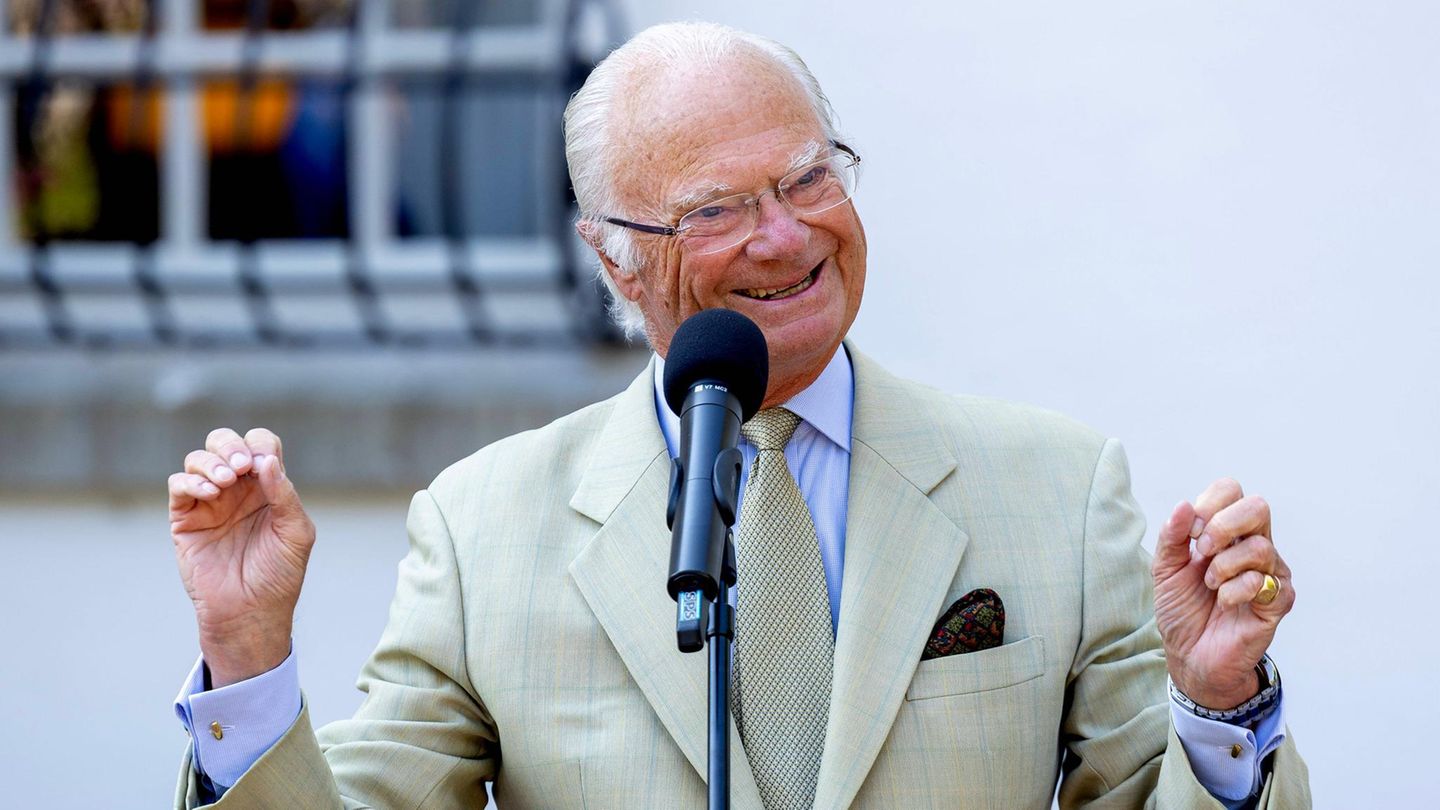Between the restrictive “There is no money” and the boycott of a national cinema sector, the The 39th Mar del Plata International Film Festival is almost about to enter the water.
Everything happens on time. In August its new artistic direction was decided, soon the number of venues was restricted (only the Auditorium, the Colón, the Chauvin Center and the Aldrey Complex will be there), just last week the accreditations were opened (in other class A festivals they close two months before), this week, without further notice, the programming was officially announced, which luckily does not seem bad, although it is noticeable gaps and missingtoday the ticket offices open and on Thursday the 21st it opens.
As if by chance, the 16th LatinUy Festival in Punta del Este begins on the 20th. And as a declared antifestivalthe 22nd begins in the living room Enrique Carrerasfrom Mar del Plata, the so-called Counterfield from various film entities. According to statements, it will be “a political action that is born because freedom of expression, aesthetic radicalism and cinematographic federalism are under threat” by the current Incaa authorities.
Judging by the announced programming, the Festival tries to dismantle these assertions by showing a few national films of the most diverse style and provincial origin. For example, without exhausting the list, “1978”horror, which has been winning awards everywhere (from La Plata Nicolás and Luciano Onetti), “The Landlord” (Matías Lucchesi), “The Fifth” (Silvina Schnicer), “Goodbye Madrid” (Diego Corsini), “After the end” (Paul Caesar), “The Ariston” (Gerardo Panero), “The arrival of the son” (Cecilia Atán, Valeria Pivato), “Wainrot, behind the scenes” (Teresa Costantini), “The little hole” (Ana Hayzus and Leandro Questa) and “Lalo” (Alejandro Clancyabout Lalo Schifrin).
Also, a tribute to the happy Argentine production of 1974 (“Painted Mouths”, “Rebellious Patagonia”, “The Truce”but they are missing “Quebracho” and other good ones), brief memories of Manuel Antin and Jorge Rivera Lopezthe presentation of “Short stories” and Enerc shorts. Nothing will be enough.
Some foreign titles to consider. The first, at the inauguration, “Emilia Pérez”of Jacques AudiardFrench Oscar candidate. Four other candidates are in an informational section: “Sujo” (Astrid RonderoMexico), “Cloud” (Kiyoshi Kurosawa, Japan), “The seed of the sacred fig tree” (Mohammad RasoulofGermany) and “Vermiglio” (Maura DelperoItaly). And two possible North American Oscar candidates are going to Official Competition: the controversial “Conclave” (Edward Berger) and “Saturday Night” (Jason Reitman).
More to take into account, the drawing “The most précieuse of merchandise” (Michel Hazanavicius), “Megalopolis” (Francis Ford Coppola), “Flow” (Gints Zilbalodis), and especially comedy “We treat women too well” (Clara Bilbaowith the ineffable Carmen Machi), about a novel by Raymond Quenau adapted to the Spanish environment. There is more.
To discover, two films from the Japanese Miwa Nishikawawhich promises to visit us, and three (the only three that remain) of Sadao Yamanakamaster of the “jidaigeki,” or historical genre in the 1930s, along with a 2003 manga dedicated to his memory.
To rediscover, three of the Armenian Sergei Paradjanovnaive poet persecuted during the times of the USSR: “The color of the pomegranate”“The Legend of the Suram Fortress” and “Shadows of the Past”, which premiered here as “The Fire Horses” (original translated title, “The shadow of our forgotten ancestors”). This lot comes with an evocative documentary of Zara Jian: “I will take revenge on this world with love”.
Furthermore, a very irregular review of films seen in previous editions is announced (including “Buenos Aires vice versa” and “Pizza, beer, faso”), the rescue of two jobs of the Peruvian Maria Barea and one from the Colombian Martha Rodriguez (why not the Venezuelan pioneer Margot Benacerraf, who won at Cannes 1959 and died this year half-forgotten?), and something worth highlighting: “The Nibelungen”great work by Fritz Lang, 1924, with live music by the maestro José María Ulla (original composition and piano), Duggan Bayerque Zuzulich, Victoria Cicchitti and Paula San Martin (voices). Free, in the Colón of Mar del Plata. The other performances cost $3,000 at the Auditorium and $4,000 at the Chauvin Center and the Aldrey Complex. Discounts for retirees and students are not reported.
Source: Ambito




